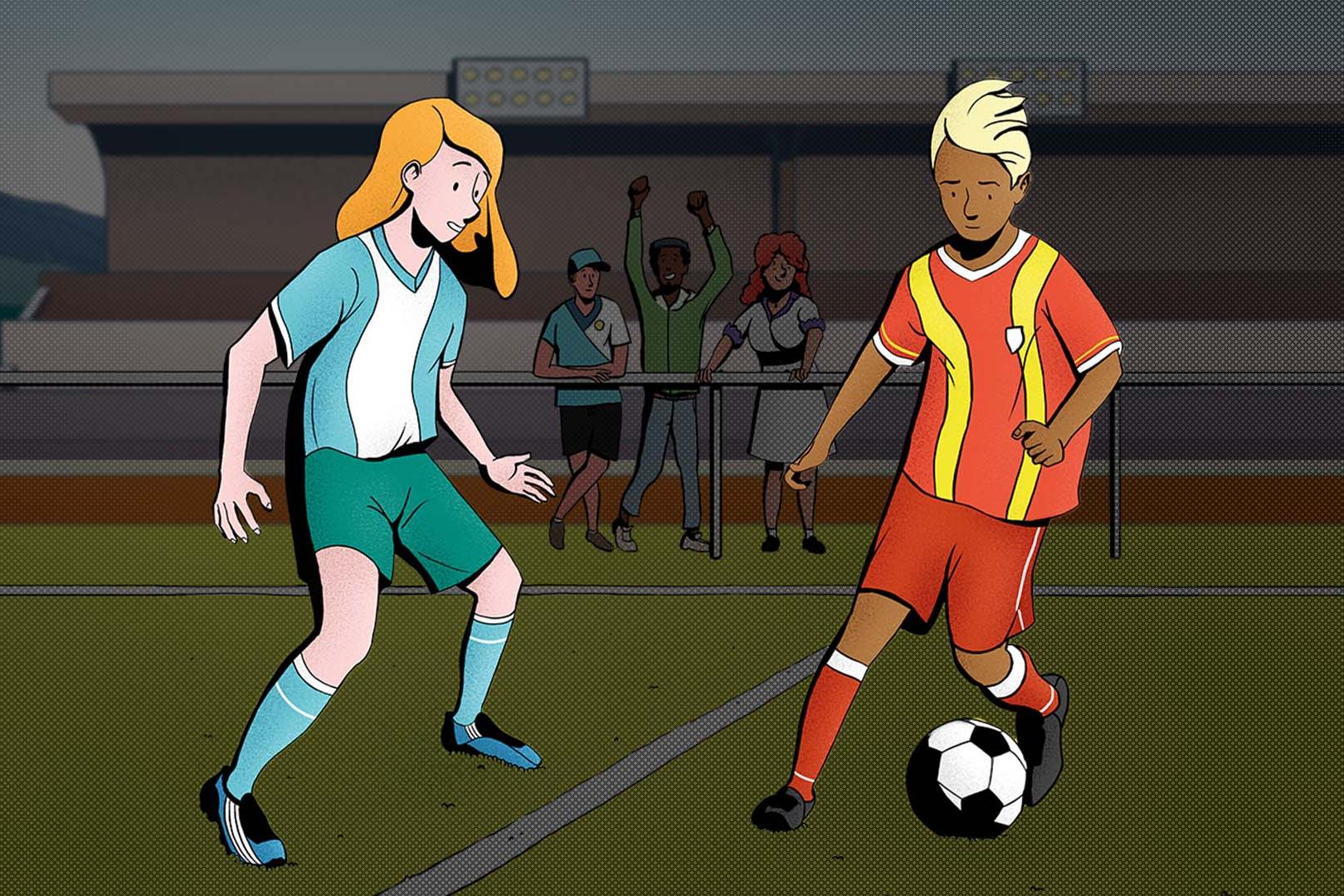PHOTO
Among the many initiatives carried out over the years by the Anti-Doping Commission of the FIGC, the anti-doping training for younger generations plays a significant role. For over a decade, the Commission, in collaboration with the Youth and School Sector, has developed educational projects aimed at secondary school pupils, such as ‘Champions without Makeup’ and ‘A Goal for Health’, with the aim of spreading the culture of ‘CLEAN’ sport.
Since 2021, UEFA has involved all European football associations in the ‘Anti-Doping Education Activity’ project, within the HatTrick programme, whose main objective is to support the federations through funds dedicated to activities including anti-doping education. Thanks to HatTrick, the FIGC, through the Anti-Doping Commission, is able to collaborate with NADO Italy in launching a training programme dedicated to all men's and women's national teams and club teams qualified for European competitions.
Recently, the Federal Anti-Doping Commission has developed a new and important scheme, to provide members and non-members with a further educational tool, an e-learning course on Anti-Doping. The ‘Tutela dei Minori’ (E-learning - FIGC - Protection of Minors) platform was developed by the FIGC Youth and School Sector, in close cooperation with UEFA and ‘Terres des hommes’, to ensure that football is a safe sport, a positive experience and can be fun for all young people involved, regardless of age, gender, sexual orientation, ethnic and social background, religion and level of ability or disability. It reaffirms the role that football can play in promoting the development, health and well-being of young people, while recognising the possibility, confirmed by some cases globally, that football can lead to potentially dangerous and harmful situations for minors.
This e-learning course is a valuable tool to learn more about doping and anti-doping and is essential to raise awareness and educate coaches, teachers, school administrators and parents about the prevention and risks of doping among young athletes. The key points covered include: what doping is and how it affects the human body, the main banned doping substances and methods, anti-doping legislation at national and international level, regulations concerning minors, support organisations and anonymous reporting channels for young people, as well as sanctions for violations and compliance with international policies.
It also discusses the risks for young people and the effect of doping on the physical and psychological development of minors, the dangers of using doping substances, such as long-term damages to health, use and abuse of drugs, possible pressure from coaches, peers or desire for unnatural performance, and prevention strategies such as recognising the signs of doping substance abuse among young people.
The importance of sports education, healthy nutrition and information from an early age to promote healthy sport and fair play, and the role of educators and parents in educating young people to make conscious choices and in monitoring and supporting the physical and psychological well-being of adolescents are emphasised. A Certificate is issued at the end of the course as proof of training.
This course not only aims to help combat doping among young people, but also promotes a healthy sporting culture, preventing temptation and creating a positive sporting environment. It will also be used on the platform dedicated to schools, ‘Values on the Net’, as teaching material in support of the ‘A Goal for Health’ project, as well as being included in the near future among the criteria set out in the UEFA Licensing Manual.
